End of an Era Inspires Continuity
My mother-in-law passed away recently, and now that my husband’s thirty days of mourning known as shloshim have passed, we as a family notice the changes that have already taken place, along with new ones to come. All the things that have been and no longer are with us, indicate the “end of an era.”
Certain traditions are no more. The Friday afternoon before Shabbos visits to her home for chicken soup are no more. You see, back in the days when she cooked that for the kids, we’d pile into Grandma’s home every week. She’d also cut up the fresh fruit for the grownups while we gathered around her kitchen table. All this is no more.
The phone calls to Grandma every day to and from her house, and the visits as soon as the couples arrived from out-of-town are also over.
Conversations with Grandma are over. The talk was about the kids and what everyone was doing, who was working and who was learning, the cute remarks of the grandchildren and great grandchildren. And the discussion of manners. And how the children were behaving. Or not. It was all fodder for discussion and as much as I often complained to my husband “why does she have to be so particular about placing the fork and knife next to each other when finishing the meal?” and various other wifely whines, I kind of sort of miss it all.
Whenever someone from the previous generation passes away, I think of how we’ve reached the end of an era. Since that person represented certain traditions unique to the days gone by, and since that person is no longer physically in our lives, my nostalgia kicks into high gear and I become a bit depressed. We somehow thought she’d live forever, as we do with every loved one in our lives. We expect things to remain the same and they do not. And when that happens, we go into nostalgic mode of the past being gone forever.
I’m reminded of another memory. I was a little girl, on Friday nights we’d often walk to my grandmother’s apartment down the block. My grandmother gave us chicken soup. Shabbos afternoon we’d visit her and she’d give us what was called “Neopolitan” ice cream. I liked the chocolate and sometimes the strawberry. We’d spend a lot of time at my other grandmother where my cousins and I ate what I called her meat with the gravy. I called it the shiny meat.
When my grandmothers passed away – first my paternal Grandma and a few years later my Omi – whom we refer to as Omilein, we felt it was the end of an era.
My mother-in-law knew my grandmothers, so the two eras overlapped. I was married about fifteen years when one grandmother passed away, and then another one a few years later. Eras overlap. There’s continuity. My grandmothers represent the European era – they both were born and raised in Europe and although they spoke English, they lacked the sophistication and fast paced personalities of present day grandmothers.
My mother-in-law was born and raised in Shang-hai, China. Hailing from a Sephardic family, where heir parents and grandparents were from Iraq and India respectively, had different customs from what I grew up with. Her value of manners, old school rules and proper etiquette is a throwback to the older times. No matter how polished a person is nowadays, they don’t compare to the standards of my mother-in-law. She was queenly and royal and she demanded it in all her children.
An end of an era. Or is it? It’s only the end, if we close the door on her values. We don’t have to. Every day when I drive around in my car and take care of the food shopping and myriad tasks I have to do, I can think of my mother-in-law. The era can continue and I can model some of those ideas for my children and grandchildren.
The end of an era is the beginning of another one. It’s the realization that we are just the continuation of a long chain of traditions. An era doesn’t end abruptly but it overlaps into the coming years with our actions that mimic those of our ancestors.
As much as my mother-in-law was from the “old country” of Shang-hai, China, she was a modern woman who ran a business with her husband, drove sickly people around, and took care of and worried about her family with extreme zealousness.
Those are values we all can incorporate – each in our own way. It’s not the end. It’s a continuation of a special era that we will never forget.

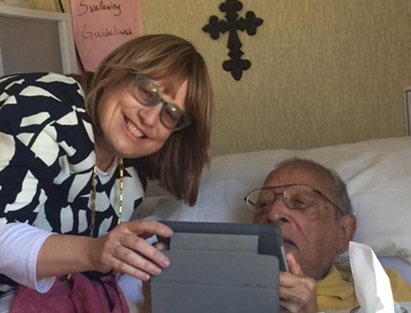
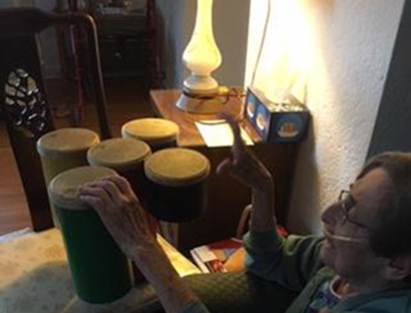
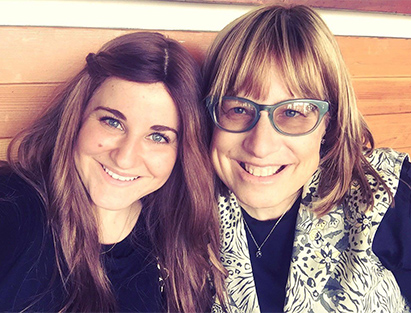
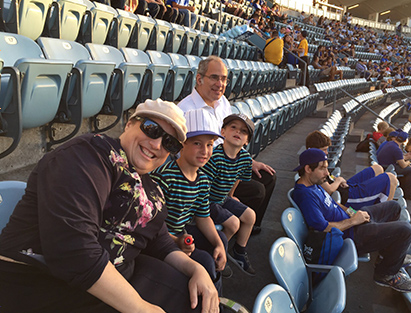
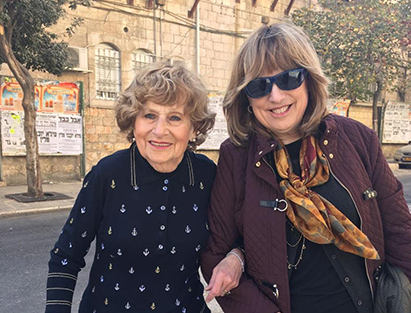

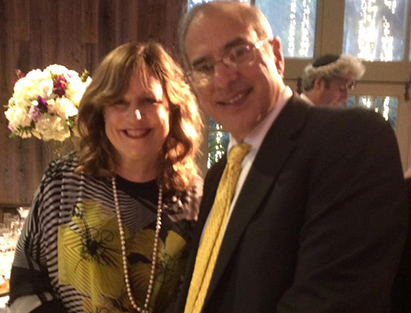
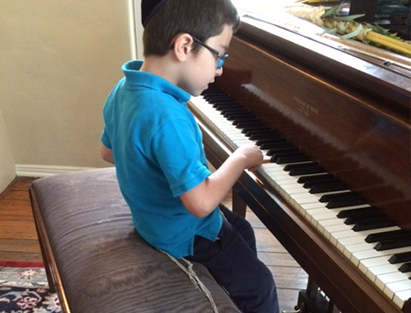
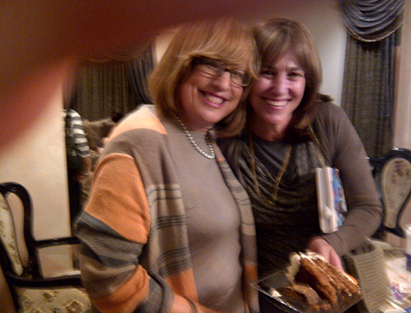
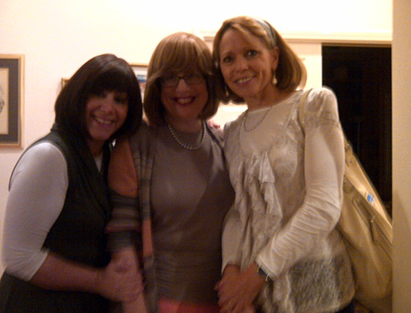
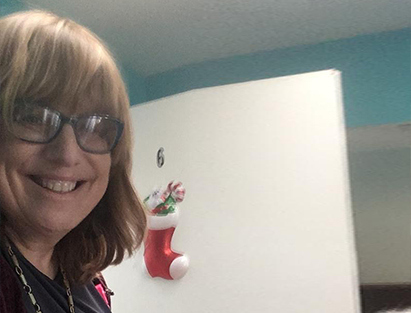
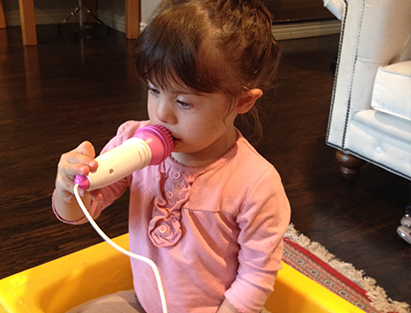
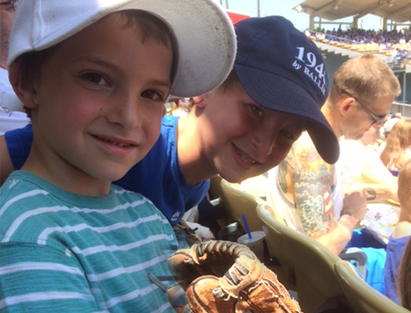
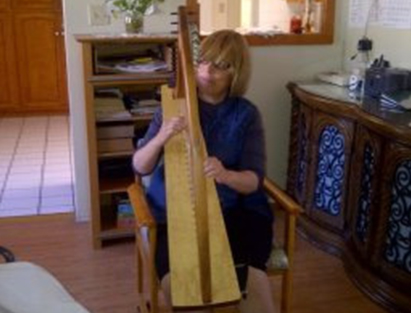

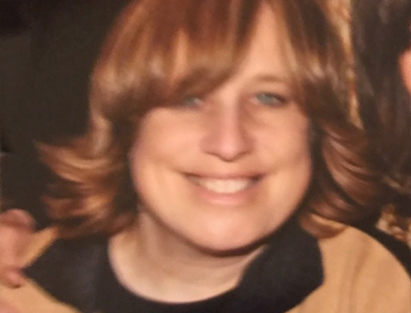
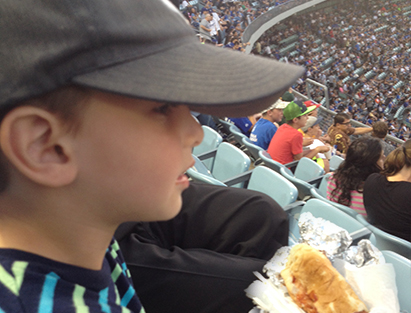
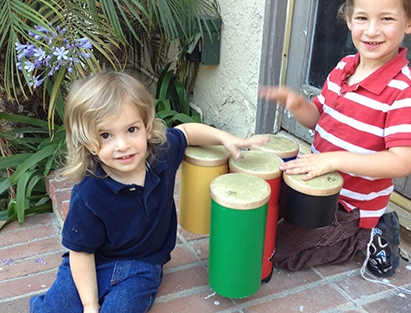
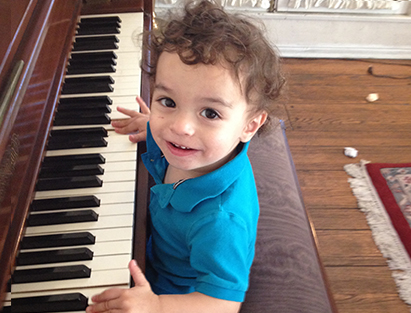
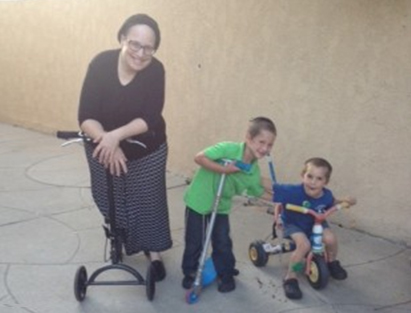
My parents have said that phrase often. I guess I say it too. You’re lucky to have had a great relationship with your mil! Wishing you solace and peace. xo
i was very moved by what you wrote of your mil, and end of “era”.
She was totally unique to us in LA and an inspiration and model of commitment. Her yiddishkeit was her breath of life forever, and yes, her values and standards will continue in her children and grandchildren. It was an honor and privilege to know her, even as little as I did, over the years.
looking forward to compilation/biography of her life.
miriam fishman L.A.
Thank you Miriam for your comment. I really appreciate your kind words.